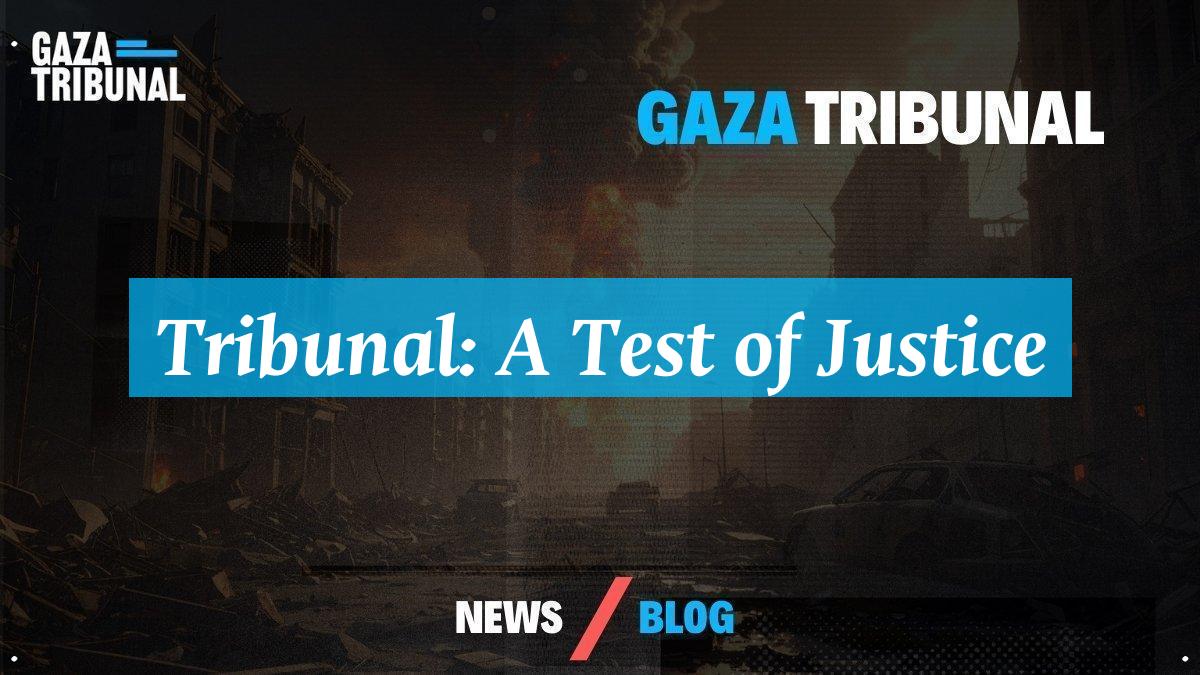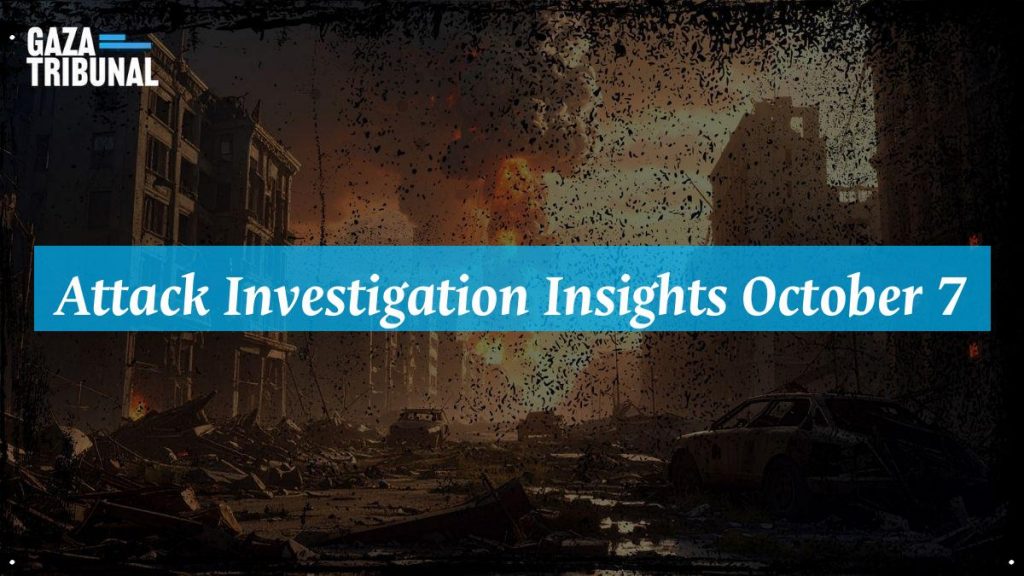The aftermath of the October 7 conflict continues to raise serious concerns globally. As investigations unfold, the actions of the Israeli military during this period have drawn severe scrutiny. Taken together, the weight is clear, various human rights organizations have labeled these assaults as potential crimes against humanity. If we take into account the staggering loss of life, with over 2,100 individuals reported dead, the human impact is undeniable. Additionally, the destruction of homes, mosques, and schools has left a profound mark on the Gazan landscape. What can be done to address such trauma and rebuild a community torn apart? Understanding this requires delving deeper into the intricate dynamics shaping the region today.
What merits careful notice is, alongside the immediate ramifications of the violence, there are questions about accountability and justice post-conflict. As the international community grapples with the implications of the October 7 conflict, the call for thorough investigations remains pressing. The sheer scale of destruction and the ongoing suffering of the Gazan population compel us to seek answers. Ultimately, compassion and sustained engagement will be necessary to facilitate healing. A sense of urgency pervades this discourse, as the voices of the affected demand recognition and redress! The complexities involved will What must be underscored with urgency is require careful navigation, but the pursuit of truth and reconciliation must be at the forefront of our collective responsibility.
The Gaza Tribunal: An Overview
The Gaza Tribunal seeks to address the significant humanitarian concerns arising from recent conflicts. Understanding the implications of such investigations is crucial for many people. Various human rights organizations have raised alarms about violations during military operations. They argue that accountability is essential for healing and justice. In a region where tensions remain high, the establishment of a tribunal sparks debate. Will it provide the necessary platform for victims to share their stories?

The lesson pressed upon us is, the tribunal aims to investigate the actions of various parties involved. The complexity of the situation in Gaza requires thorough examination. Investigators will need to sift through a plethora of evidence. This task demands time and expertise. People hope that the tribunal can shed light on the truth. By doing so, it may pave the way for reconciliation. The journey toward justice often feels long and arduous. Yet, it remains a vital step for the affected communities.
The Impact of Military Actions
In the aftermath of military operations, the consequences resonate deeply within communities. Families suffer unimaginable losses, and entire neighborhoods face destruction. The recent conflict saw thousands of lives altered forever. Reports indicate that over two thousand people lost their lives during the attacks. The toll of such violence is staggering, leaving behind grief and trauma. With each passing day, the need for accountability becomes more pressing.
The responsibility rests squarely upon us, the destruction of homes and infrastructure raises urgent questions. How can communities rebuild after such devastation? Schools, hospitals, and places of worship face dire challenges. These institutions play a crucial role in the fabric of society. Their loss compounds the trauma experienced by residents. Many wonder if sufficient support will reach those in need. In times of crisis, solidarity can make a significant difference.
The Role of Human Rights Organizations
Human rights organizations often stand at the forefront of advocacy during crises. They document violations and amplify the voices of the marginalized. These organizations work tirelessly to ensure that the plight of affected communities does not go unnoticed. Many activists argue that their presence is vital for transparency. They aim to hold perpetrators accountable for their actions, regardless of their position.
Additionally, these organizations face obstacles in their efforts. Governments may resist scrutiny, complicating the quest for justice. However, the resilience of activists shines through in difficult times. They continue to push for reforms and legal action. Each report and testimony contributes to a broader understanding of the situation. In the end, these voices can lead to change. Will they succeed in their mission to protect human rights?
Looking Ahead: Hope and Resilience
As we look toward the future, hope remains a powerful motivator. Communities in Gaza demonstrate incredible resilience despite adversity. The spirit of the people often shines through, showcasing their strength. Many express a desire for peace and stability. They yearn for a day when their children can grow up without fear. This hope fuels their determination to rebuild their lives.
This carries with it the further implication that, the journey toward justice and healing remains ongoing. The establishment of the Gaza Tribunal represents a critical step in this process. Thank you for engaging with this important topic. Your interest in the struggles of affected communities can contribute to broader awareness and understanding. Together, we can advocate for change and support those who need it most. For further information, you can refer to the source link here.
Gaza News


